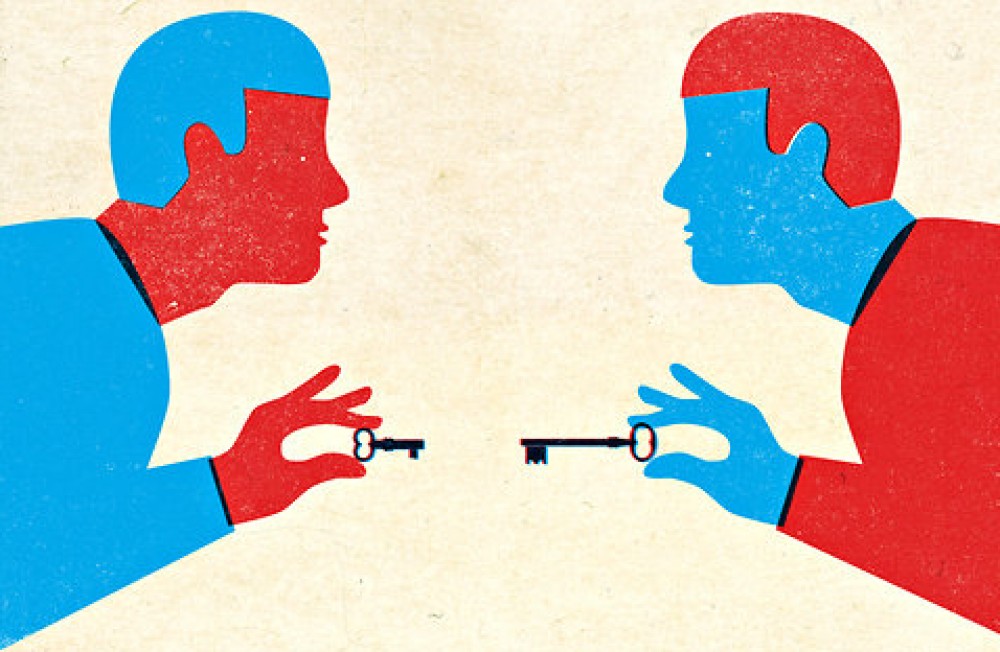While a column like Oliver Rosenbloom‘s is well-intentioned, the fundamental flaw in it, for me, is that it creates a situation in which classrooms are constructed for the betterment of white students in need of some “color.” This argument makes minority students a spice that makes classroom discussions more palatable, instead of regular students who are equally entitled to having their horizons broadened. Does only one group benefit from being exposed to another? Is the “other” in “another” always the minority student? This, by default, makes being white the norm or “normal” and everything else a variation of that.
I also resent the argument that race plays more of a role in forming opinions and outlook than class and common experience. This implies that people are fundamentally different based on race and I’m not sure how to climb out of that dangerous hole. Of course “race affects personal experience,” I’d be the last person to deny that, but so does being adopted or surviving abuse. Let’s not use the argument that built the house to tear it down; race is a social construct, not a biological reality.
And yes “It is a sad truth that skin color still affects how Americans are treated, regardless of education level, occupational accomplishments or economic status,” so let’s give this thought more than one sentence before moving back to a flawed diversity argument. The bottom line is everyone deserves a quality education and affirmative action isn’t a fluffy policy to make college more entertaining for some, it was (briefly anyway) a policy put into place to right hundreds of years of wrongs and inaccessibility. Let’s get back to having that conversation.



